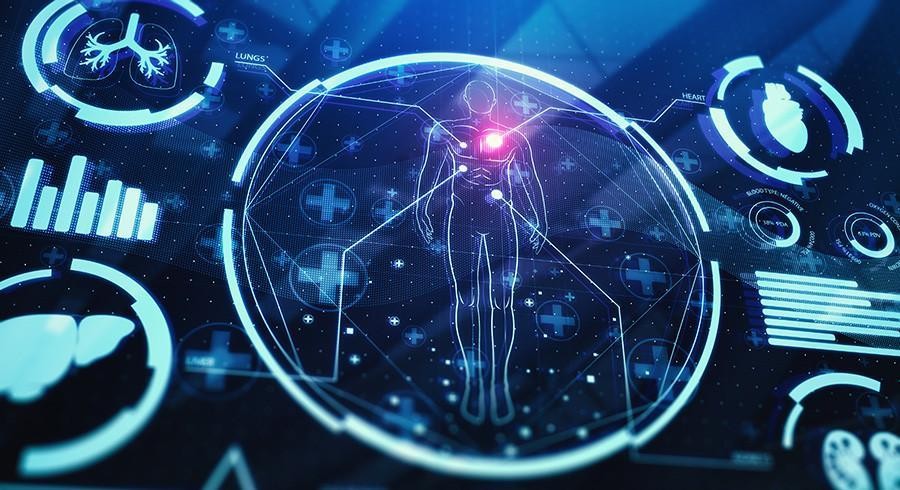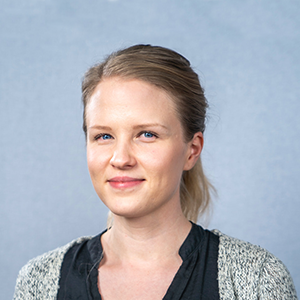
Secondary use – What AI can learn from health care mass data?
In the field of Finnish social and health care, digitalization initially focused on the care of individuals – health care data, care history and plans were transferred to digital form. All of this data has accumulated population-level mass data. Today, however, we are at the point of utilizing such mass data through artificial intelligence, which can create entirely new possibilities, for example in disease risk assessment.
Finnish Social and Health Data Permit Authority Findata enables in practice the secondary use of Finnish social and health care data, by facilitating data permit processing and arranging data protection for each individuals’ data. Through Findata, it is possible to gain access to social and health care-related data for the purpose of secondary use.
In response to the obvious sensitivity issue, Findata provides a secure operating environment for processing data – Kapseli is a secure, remote access environment for processing individual-level data, that can’t be fully anonymized or pseudonymized. Instead of releasing the data to research group, Kapseli offers the computational capacity and allows the research group to “come to the data”.
In Finland, a separate law has laid down on the secondary use of health and social data (Act on the Secondary Use of Health and Social Data). The purpose of the Act is to facilitate the effective and safe processing and access to personal social and health data for steering, supervision, research, statistics and development in the health and social sector. A second objective is to guarantee an individual’s legitimate expectations as well as their rights and freedoms when processing personal data.
Pre-trained AI as an export product?
Finland has an ideal national e-health environment for secondary use, as data from both public and private health care has been collected to Kanta Services since 2010. Kanta produces data exchange and long-time archival services for the social welfare and health care sector.
What kind of new possibilities secondary use could enable? What if in the future people were invited to screenings based on the potential risk, not the age?
The application possibilities of AI algorithms taught with data don’t end at the Finnish border. The patient’s risk mentioned above can probably be assessed regardless of the patient’s nationality with the help of a neural network taught with Finnish data. This could open up new opportunities for Finland to develop and export AI in the field of healthcare and medicine.
Atostek’s Jasmine project
The purpose of Atostek’s Jasmine project is to target machine learning operations in the mass data. AI-based algorithms are used to generate patients’ risk analyzes from the Kanta data. As a preparatory work, the application of machine learning methods has already been piloted with anonymised data intended for research use.
Atostek has submitted the data permit application, and the data pool is expected to be accessible in first quarter of 2022. This would enable the methods to be further developed so that they really work with authentic, Finnish patient data.

Mika Torhola
Managing Director

Ida Pellinen
Marketing and Communications Specialist